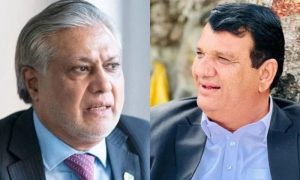AHMEDABAD, India: India’s ongoing general election has been marked by Hindu nationalist Prime Minister Narendra Modi’s inflammatory campaign speeches, which have drawn criticism for targeting minority Muslims. Despite widespread expectations of Modi securing a third term, voter turnout has notably declined compared to the previous national poll in 2019, exacerbated by soaring temperatures.
Modi cast his ballot in Ahmedabad, emphasizing the importance of democratic participation on social media. However, his campaign rhetoric has intensified divisions along religious lines, with accusations of stoking communal tensions. Opposition leaders have condemned Modi’s remarks, citing violations of election guidelines prohibiting appeals to religious sentiment.
In addition to targeting Muslims, Modi has accused the main opposition party, Congress, of planning to redistribute wealth to Muslim households. Such direct language marks a departure from his usual rhetoric and has raised concerns about the integrity of the electoral process.
Modi’s popularity remains strong, bolstered by his government’s emphasis on Hindu nationalism. The recent inauguration of a temple dedicated to the deity Ram symbolizes the BJP’s commitment to Hindu-centric policies, further deepening anxieties among India’s Muslim population.
The Election Commission has refrained from penalizing Modi for his divisive comments, despite regulations prohibiting appeals to communal sentiments. The electoral process, conducted over seven phases, has faced logistical challenges exacerbated by a heatwave affecting southern Asia.
High temperatures have deterred voter turnout, particularly in regions like Mathura, where temperatures soared above 41 degrees Celsius. The Election Commission has formed a task force to address the impact of heat and humidity on voting patterns, underscoring the complexities of conducting elections in India’s diverse climate.
As India grapples with the ramifications of Modi’s polarizing campaign, questions linger about the future of the country’s secular ideals. The election outcome will not only shape India’s domestic landscape but also reverberate across the international stage, highlighting the enduring tensions between religious identity and democratic principles in the world’s largest democracy.























